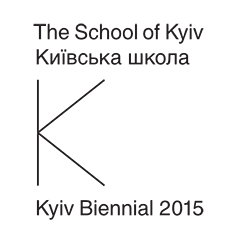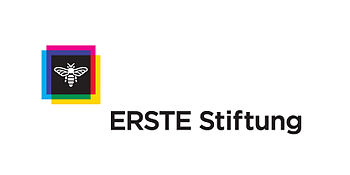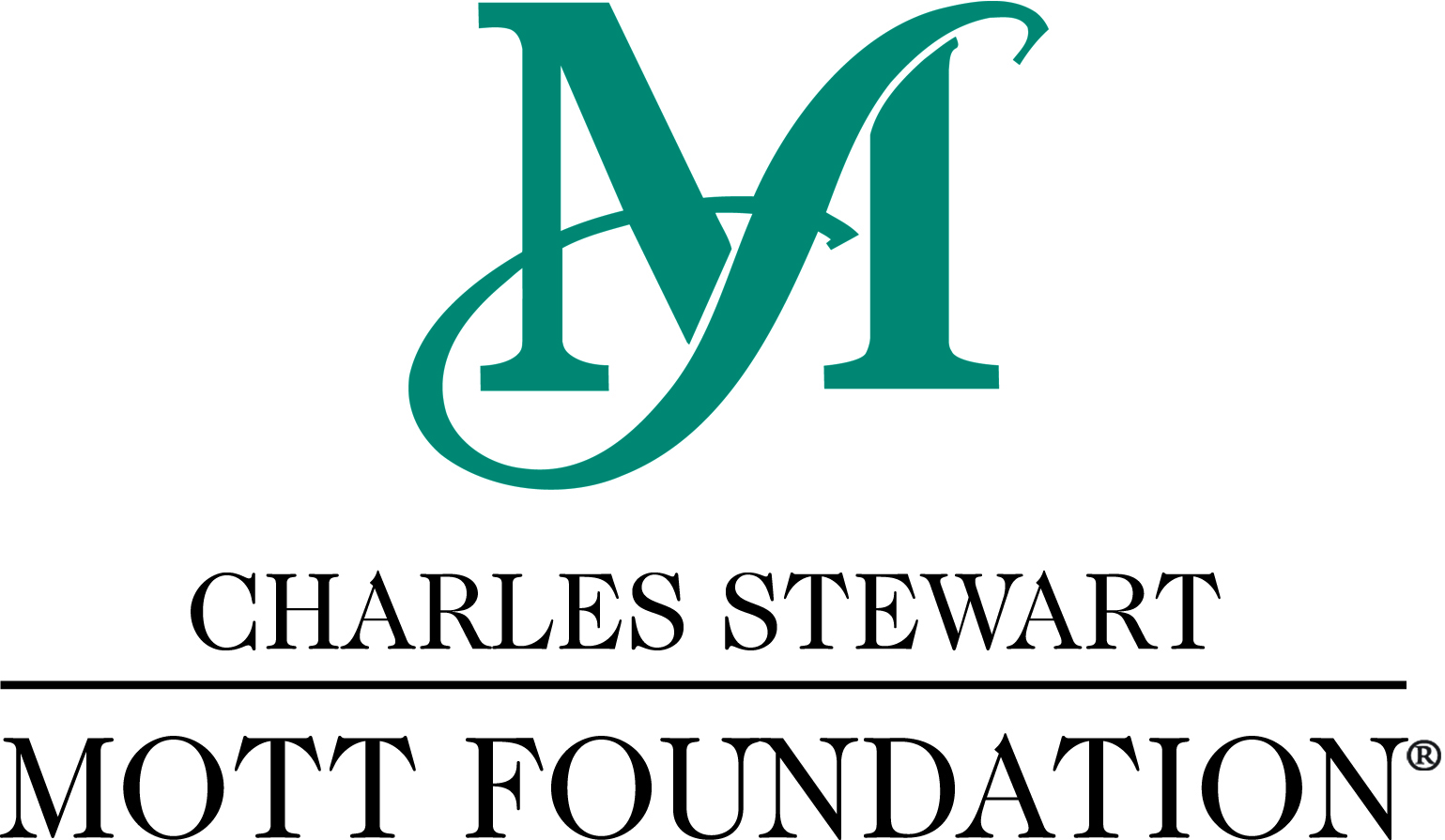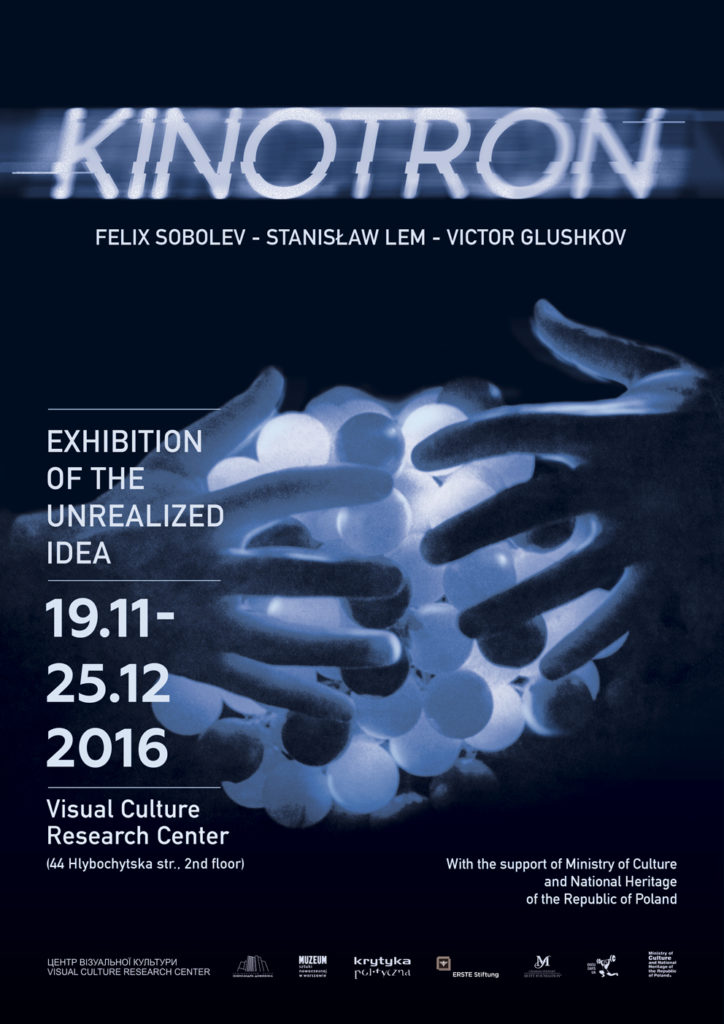Lecture and workshop on craftivism by Sofia Tocar

Lluis Borrassa, Altarpiece of the Virgin and Saint George, 1400
Saturday, 11 March 2017, 18:00
Sunday, 12 March 2017, 15:00
Thread and needle are integral elements of civilization development, still relevant today. In the same time, textile has traditionally been considered a female work. In her book The Subversive Stitch: Embroidery and the Making of the Feminine, art historian and psychotherapist Rozsika Parker argues, that exploring the history of embroidery means exploring the history of a woman.
Saturday lecture Thread and Needle by Sofia Tocar will answer the question, why textile and female creativity are so closely related, as well as why we differentiate between “high” and “low” art. The lecturer will follow the history of textile production as art and social phenomenon in its close relation to social status of women.
Craftivism (craft+activism=craftivism) counters our traditional views on the role of male and female handicraft by pointing out that the personal can be social and embroidery can be a form of a protest, which inspires and supports those who participate. In craftivism, collectivity and solidarity are important as part of a “small protests” creation process, taking place with the help of needles, threads, and knitting needles.
Sunday workshop by Sofia Tocar will consist of an introductory theoretical part about the history and role of craftivism in social protest, as well as of practical part, too.
Sofia Tocar is a researcher, curator of a residence program for artists from Eastern Europe and Central Asia in Prague. She was born in Moldova in 1990 and has lived in Prague since 2010, where she studies at Master’s Program in art history at Charles University. She explores the use of textile in contemporary art and activism, mainly in feminist movements.
The lecture and workshop will take place within the framework of the exhibition TEXTUS. Embroidery, Textile, Feminism.
Admission is free
Organizer: Центр візуальної культури
Supported by: ERSTE Stiftung and Charles Stewart Mott Foundation
Visual Culture Research Center Reopens «The Lost Opportunity»
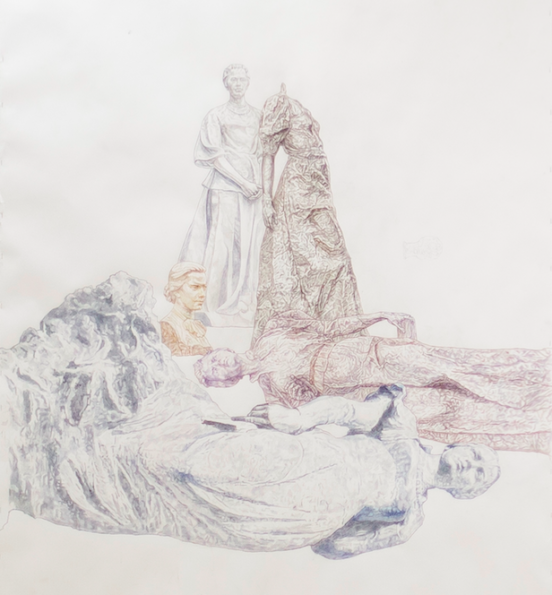
On Sunday, February 12, we are reopening «The Lost Opportunity» exhibition by Davyd Chychkan in its present condition. The exhibition space, preserved as it is after the pogrom, will serve as a ground for reflection on the situation, in which current artistic expression is now, as well as of our society in general.
The works by Davyd Chychkan are artistic images that found themselves strong in their weakness in front of the pogromists with covered faces. The interpretation of these images requires a complex assessment, a nuanced commentary, a thoughtful critique, and aesthetic sensibility. The reopened exhibition points to its return to the territory of intellectual interaction and reflection, from which it was ousted by the act of barbaric violence. It is thus the only way to discover its real political meaning.
At that, remaining on the positions of open-mindedness and enlightenment, freedom of speech and autonomy of artistic work, we suggest to look critically at the social landscape of post-Maidan and the opportunity of not losing the guidelines that were defined during Maidan. The savagery of pogrom implies the essence of «anti-Maidan»: the social darkness that cannot be allowed to occupy the Ukrainian public space.
We are reopening the exhibition with a lecture by Ukrainian lawyer and human rights advocate Ksenia Prokonova, taking place on Sunday, February 12, at 16:00. Addressing artists, cultural institutions and human rights activists, the lecture will consider potential legal actions in cases of attacks and destruction of artworks.
Ksenia Prokonova is a lawyer, Head of the Dispute Management Practice.
Focusing on war and the post-Maidan situation in Ukraine, «The Lost Opportunity» exhibition by Davyd Chichkan opened on Thursday, February 2. It poses the questions that have been in the air for more than three years: what was this event, and what it could have become? According to the author, Maidan is a lost opportunity for the Ukrainian society to accomplish a social revolution, which would mean not only to defend dignity, but rather finally gain dignified living conditions. In his series of graphic works, the artist discovers the causes and speaks about the consequences of this loss, one of which is the so-called “decommunization” – a paradoxical phenomenon which shapes the traits of counterrevolution in the context of political ignorance.
We remind that on Tuesday, February 7, at 17:40, 14 people broke into Visual Culture Research Center, inflicted injuries on the security guard, destroyed the exhibition «The Lost Opportunity» by Davyd Chychkan, and stole four artworks.
The exhibition will be open till February 26. Opening hours: Tuesday to Sunday, 14:00 to 20:00. Closed on Monday.
Admission is free.
Organized by Visual Culture Research Center
Supported by: ERSTE Stiftung and Charles Stewart Mott Foundation
“Deteined”. Screening of the film and discussion
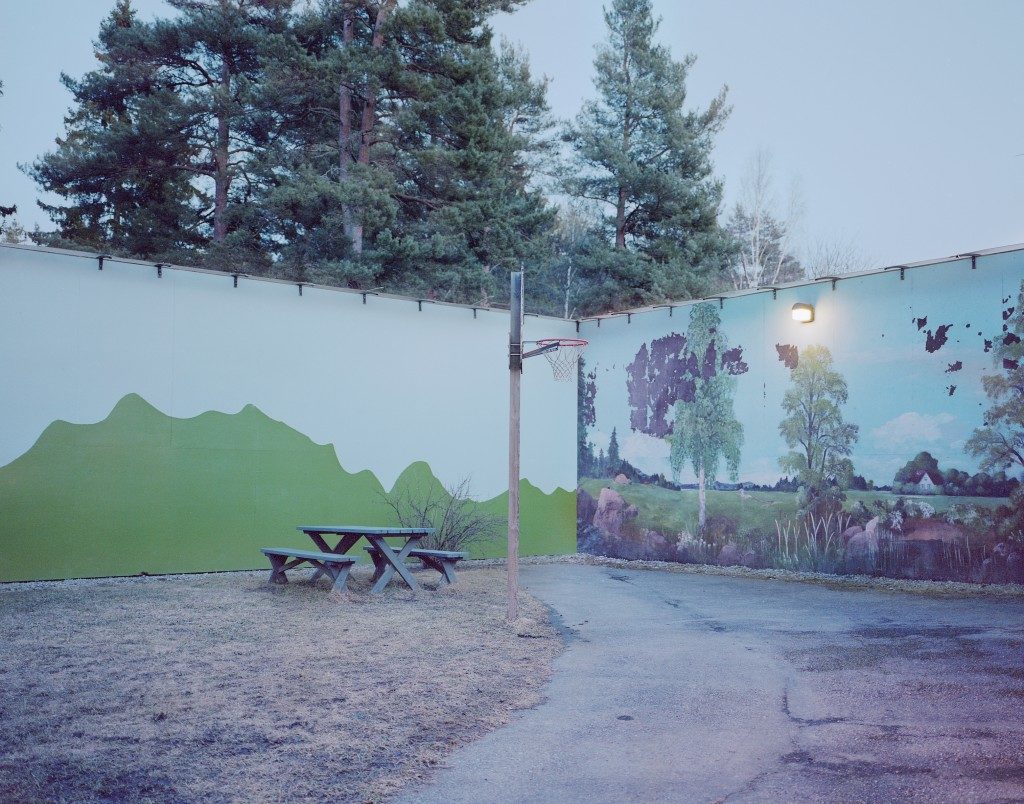
The Pogrom at Visual Culture Research Center: Right Wing Radicals Destroyed “The Lost Opportunity” exhibition by Davyd Chychkan
Video from surveillance camera inside the VCRC gallery space.
On Tuesday, February 7, at 17:40, approximately fifteen people broke into Visual Culture Research Center. They beat up the security guard, destroyed the exhibition «The Lost Opportunity» by Davyd Chychkan, stealing four artworks and heavily damaging others.
Dedicated to the war and post-Maidan situation in Ukraine, the exhibition «The Lost Opportunity» by Davyd Chychkan had opened in Visual Culture Research Center on Thursday, February 2. Threats to the artist and organizers, as well as calls to destroy the exhibition were subsequently posted on the social media pages of the far right groups and bloggers.
In order to guarantee safety of the visitors and the artist, we cancelled Davyd’s guided tour of the exhibition on Saturday, February 4 and closed it for the weekend. Despite the announced cancellation of the tour, and closed doors of the exhibition, a group of young men gathered in front of the VCRC entrance door (see photo). They severely beat up a passerby and attacked two visitors using a pepper spray. One of the visitors filed a complaint to the police. The mentioned individuals also broke and torn off the plastic sign and the advertising banner of the exhibition.
On Tuesday, February 7 the exhibition was reopened in accordance with its regular working hours. A young man was noticed observing the entrance doors to the exhibition. A member of VCRC asked whether he wanted to come in and the man answered that he would come back later. Because of his suspicious behavior and outfit that is typical for the far right subculture, the workers of Visual Culture Research Center called the police and closed the door, opening it only for each visitor.
Around 17:40 the security guard who was working at the exhibition together with the VCRC members, opened the door for three visitors to come in. About 15 people broke into the premises with their faces covered. They used a pepper-spray, encircling the security guard, threatening him, and demanding to lay on the ground. Eventually, several persons attacked the guard, punching him in the face, while the rest of the group were destroying the artworks and filming the action using their mobile phones. Trying to break into the office room, where VCRC members stayed behind closed door, yet not successfully, the group left, taking several artworks and books from the exposition.
Among the graffiti the attackers made on the walls, there is a trident (the emblem of Ukraine) that is shaped as a Celtic cross, proving that it was the neo-Nazis who carried out the attack. Until now, none of far-right groups in Ukraine or Russia claimed responsibility for the attack.
The police opened criminal investigation under Article 296 of the Criminal Code of Ukraine as “a hooligan act committed by a group of persons” that could be reclassified.
The exhibition presented ten graphic paintings by Davyd Chychkan. Four were stolen, while three were completely destroyed. Only two works survived the attack and one was slightly damaged. We preliminary estimate the losses of works at six thousand dollars. The damage of the Center (broken walls, destroyed protective shield, a broken heater, etc.) are estimated at one thousand five hundred dollars.
«The Lost Opportunity» exhibition by Davyd Chychkan, organized by the Visual Culture Research Center, is dedicated to the war and post-Maidan situation in Ukraine. «The Lost Opportunity» poses the questions that have been in the air for more than three years: what was this event and what it could have become? According to the artist, Maidan is a lost opportunity for the Ukrainian society to accomplish a social revolution, which would mean not only to defend dignity, but rather finally gain dignified living conditions. In series of graphic works Davyd was exploring the reasons and reflecting on the consequences of this loss, among which the so-called «decommunization» phenomenon that crystallizes the traits of counterrevolution in the context of political ignorance.
Exhibition by Davyd Chychkan “The Lost Opportunity”
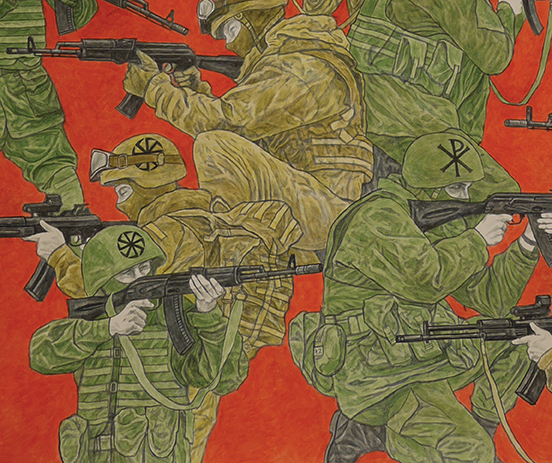
2 – 26 February 2017
Visual Culture Research Center and Political Critique invite you to the solo exhibition by Davyd Chychkan, opening on Thursday, February 2, at 19:00.
On Saturday, February 4, at 16:00 the artist will make a guided tour around the exhibition.
Focusing on war and the post-Maidan situation in Ukraine, The Lost Opportunity poses the questions that have been in the air for more than three years: what was this event, and what it could have become. According to the author, Maidan is a lost opportunity for the Ukrainian society to accomplish a social revolution, which would mean not only to defend dignity, but rather finally gain dignified living conditions.
In his graphic works, the artist unveils the causes of this loss and speaks about its consequences. One of such consequences is the “decommunization” policy – a paradoxical phenomenon, which shapes the traits of counterrevolution in the context of political ignorance. Davyd Chychkan ironically suggests to the followers of “decommunization” that they should be consistent and “decommunize” not only the Soviet heritage, but also such Ukrainian socialists as Ivan Franko, Mykhailo Drahomanov, and Lesya Ukrainka. The artist emphasizes that the lack of political culture in Ukrainian society preconditions “decommunization,” and the low level of political consciousness on the post-Soviet space facilitates the reactionary Kremlin propaganda machine.
For Davyd Chychkan, his political activism is inseparable from the artistic practice. As an anarchist, with his artistic works (from street art, to graphic series) he politicizes the discourse of contemporary Ukrainian art, turning it into an instrument for political transformation of society.
Davyd Chychkan is an artist, anarchist-communist, activist of Black Rainbow and ЛКПД (LCUD, Libertarian Club of Underground Dialectics). He lives and works in Kyiv.
Opening hours: Tue – Sun, 14:00 – 20:00. Closed on Monday.
Admission is free.
Organized by Visual Culture Research Center
Supported by: ERSTE Stiftung and Charles Stewart Mott Foundation
Lecture and workshop on Internet security
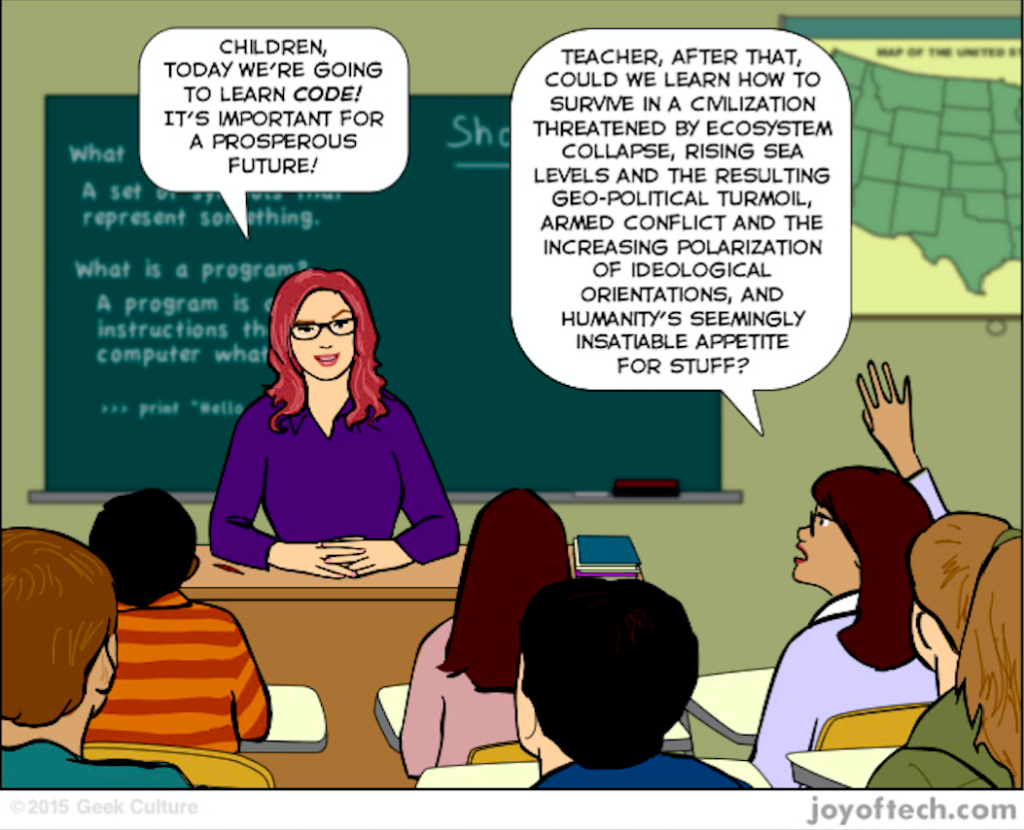
Wednesday, 25 January 2017, 19:00
Data Encryption: Delusion or Information Hygiene
Account cracking in social networks, identity thefts, “hacker” attacks and viruses, omnipresent surveillance – every Internet user today appears to be on the kind of information war “front line.” However, unlike big corporations, or security services, we usually do not own any resources to protect our online activity.
During the event Ksenia Yermoshina will talk about the latest European trends in data encryption and information security. Her lecture will be followed by a workshop, conducted by Vadym Gudyma, on the individual digital security risks assessment. We will discuss the differences between digital threats in Ukraine and Europe, correct evaluation of your own risks, and the reason why the issue of encryption is so important in public debates and expert discussions on the future development of the Internet.
Ksenia Yermoshina is specialized in civil web technologies and cryptography. She holds a PhD from École nationale supérieure des mines de Paris (Mines ParisTech), major – socio-economy of innovation. She is an organizer of TransCyberien crypto party. Her research focuses on sociology of science and technology, actor-network theory, information security, cryptography, etc.
Vadym Gudyma is a digital security coach for journalists and activists. He consults Ukrainian and international organizations on the issue of privacy protection and responsible use of the data. He is the first fellow in the field of Responsible Data and Privacy within the framework of School of Data international network.
Admission is free
Supported by ERSTE Stiftung and Charles Stewart Mott Foundation
Pre-premiere screening of the film Grey Horses by Mykola Ridnyi
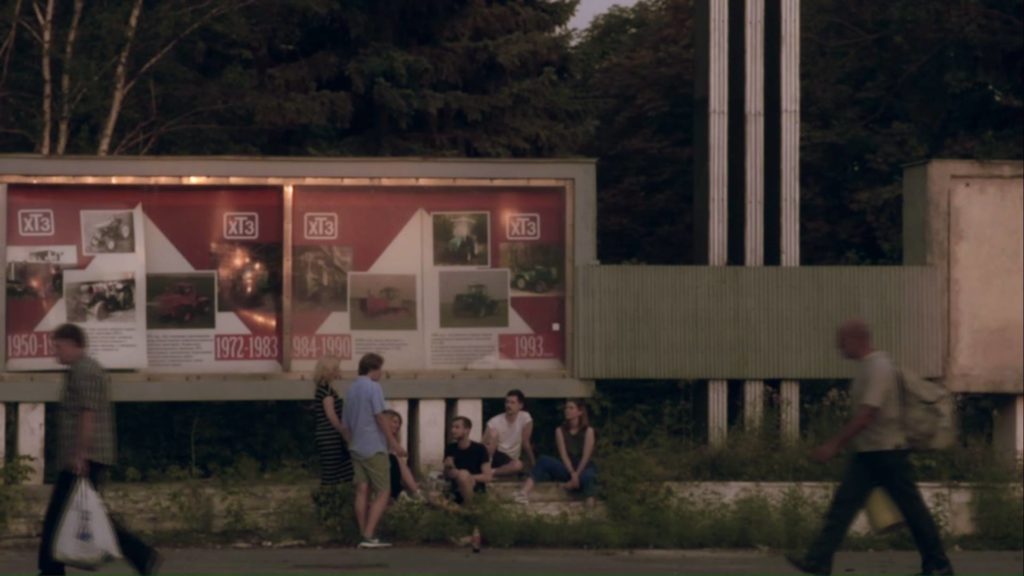
Saturday, 24 December 2016, 19:00
The film script is based on the records of interrogations and stories by the relatives of the little known Ukrainian anarchist Ivan Krupskyi – Mykola Ridnyi’s great grandfather. The film is divided into parts, devoted to the paradoxically diverse protagonist’s life periods: his leadership in a militia unit, participation in the civil war in the beginning of the 1920s, police service, and work as a construction person at the Soviet factory.
Nonfictional and staged episodes reproduce the past through the actions of today’s heroes: anarchists, police officers, students and workers. The shooting took place directly on historical sites: Poltava, Gadyach, Kharkiv and Bohodukhiv.
The film questions the processes of historical memory formation and glorification of the individual figures in accordance with the interests of contemporary politics.
Grey Horses, 44’07’, 2016
Director, screenwriter, editor, producer – Mykola Ridnyi
Cameramen: Dmytro Pashko, Pavlo Itkin, Vadym Smarchenko, Mykola Ridnyi.
Participants: Volodymyr Balash, Alisa Mordasova, Yan Gerasimov, Inna Zyablikova, Ihor Popelnyuk, Danylo Rechkovskyi, Karina Terletska, Andriy Rachynskyi and others.
Line producer – Lyuba Knorozok
Project partner – Hromadske.ua
Admission is free
Mykola Ridnyi is an artist, curator, coeditor of Prostory on-line magazine. His works were exhibited in Pinakothek der Moderne, Munich (2016), Galerie für Zeitgenössische Kunst Leipzig (2016, 2015), at the 56th Venice Biennale, The School of Kyiv – Kyiv Biennial 2015, etc. He lives and works in Kharkiv.
KINOTRON. Exhibition of an Unrealized Idea. Felix Sobolev – Stanisław Lem – Viktor Glushkov
Saturday, 19 November 2016, 19:00
“Kinotron is a new form of film production.
The analogy emerges immediately: cyclotron, synchrophasotron, etc.
It’s all about highest velocities and giant energies.”
From the Felix Sobolev archive
The exhibition presents a little-known, yet unique, phenomenon in Ukrainian film history: the experimental works of the representatives of “the Kyiv school of scientific film,” which emerged in the 1960s around a famous filmmaker Felix Sobolev. His films Seven Steps beyond the Horizon, Me and the Others, etc. were the first to show that scientific film can be popular with the mass viewer, being still an experimental synthesis of art and science. Yet, the vast majority of Sobolev’s visions never became a reality.
At the exhibition Kinotron, which is the result of the archival research of Felix Sobolev and his colleagues, the utopian ideas by “the Kyiv school of scientific film” will be shown to the public for the first time. Sobolev described the idea of “kinotron” as the “new form of film production,” which would enable a “powerful acceleration” of filmmaking and creative thinking in general. This idea remained on paper, as well as many other Sobolev’s intentions.
The exhibition concept, based on an archival discovery, suggests that Sobolev and his colleagues could have made a film adaptation of Stanisław Lem’s philosophical essay Summa Technologiae – a film, which could have caused a revolution in film. Kinotron exhibition juxtaposes these unrealized utopian ideas with the footage filmed by “the Kyiv school of scientific film” under the conditions of strict bureaucratic control over film production. These films cover various spheres of contemporary science – from experimental sociology to astrophysics, from political science to cybernetics (special role in Ukrainian scientific film history belongs to its collaboration with the Institute of Cybernetics, founded by Viktor Glushkov in Kyiv). Today, in the times of a renewed interest to the ideas of acceleration and technological expansion of human capabilities, the idea of kinotron deserves its late implementation – at least in the exhibition format.
Exhibition concept: Oleksiy Radynski
Research group of the project: Ruslana Koziyenko, Serhiy Klymko, Oleksiy Radynski
Exhibition architect: Oleksandr Burlaka
Admission is free
Opening hours: Tue–Fri, 14:00–20:00; Sat–Sun, 12:00–20:00. Monday – closed.
The exhibition is supported by the Ministry of Culture and National Heritage of the Republic of Poland

Partners: Oleksandr Dovzhenko National Centre

Museum of Modern Art in Warsaw

International Human Rights Documentary Film Festival Docudays UA

Organizers: Visual Culture Research Center, Krytyka Polityczna
Media partners: Українська Правда. Життя, Korydor, Moviegram, Cultprosir, Update, Політична критика
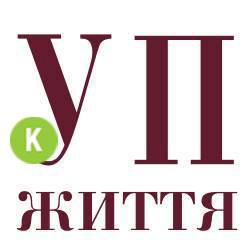
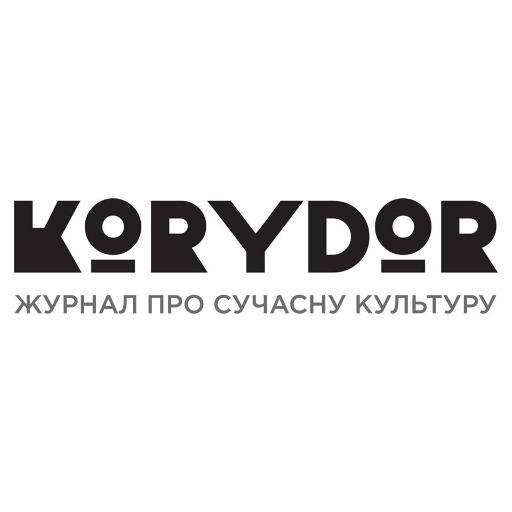
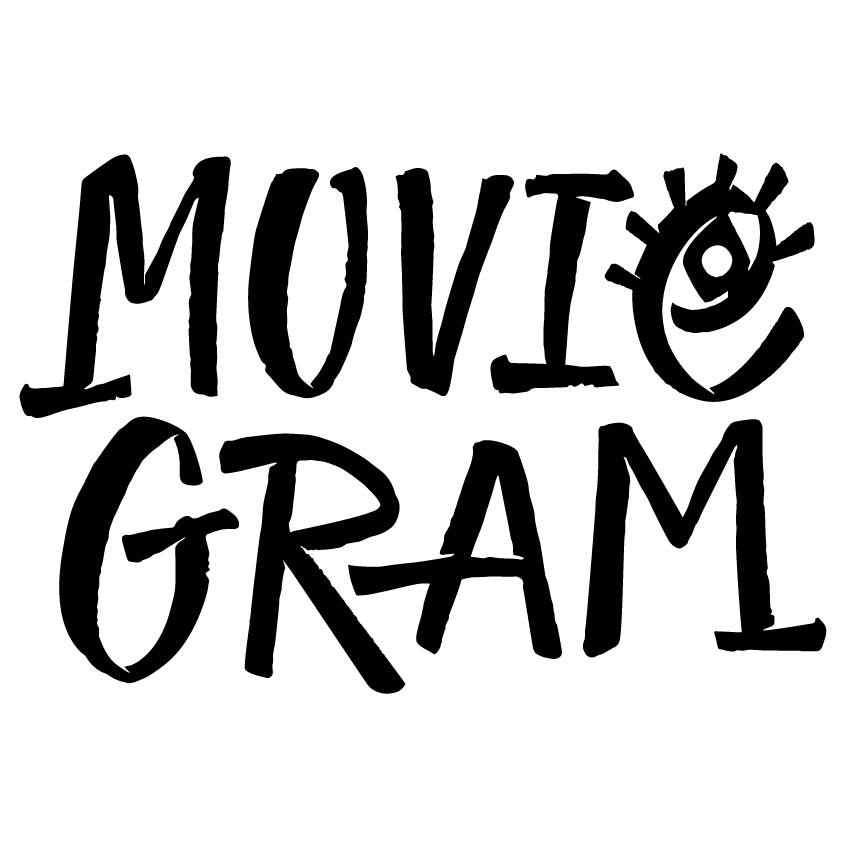

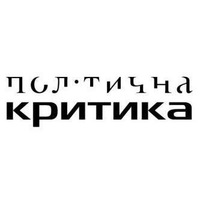
![]()
City and Utopia in the Projects of Museum of Modern Art in Warsaw

Wednesday, 21 December 2016, 19:00
Presentations by Aleksandra Kędziorek and Tomasz Fudala
Oskar Hansen and the Open Form: Towards a Utopia of the Present
Aleksandra Kędziorek
The theory of Open Form, formulated in 1959 by Polish architect, Oskar Hansen, addressed the question of how to accommodate the indeterminate in the process of design: How to make architecture open to its users so that they can participate in its creation, how to design a change and find an equilibrium between subjective and objective elements of a project, and how to turn architecture into a „perceptive background” emphasizing the richness of everyday life. By analyzing his visionary projects of the Linear Continuous System and the Museum of Modern Art in Skopje, or a cybernetic design of the Polish Radio Experimental Studio, the presentation discusses a possibility of creating a real-life utopia. It offers the late 1950s idea as a contribution to contemporary debates on open source architecture and the changing role of architectural profession after the end of stararchitects.
Aleksandra Kędziorek is an art historian and a curator at the Museum of Modern Art in Warsaw. Her major interest lies in exploring the intersection of architecture and the visual arts, and experimental approaches to art and architecture pedagogy. She has curated exhibitions, screenings and seminars at the Yale School of Architecture in New Haven, Bauhaus Dessau Foundation, MACBA in Barcelona, the Serralves Museum of Contemporary Art in Porto, La Loge in Brussels and Index—The Swedish Contemporary Art Foundation in Stockholm. She is also the curator of Oskar and Zofia Hansen’s house in Szumin. She has participated in international research projects on architecture history launched at ETH Zurich and Universidade de Campinas, São Paulo, and contributed as a researcher to several exhibitions on modern and contemporary architecture, including Lifting the Curtain which accompanied 14th Venice Architecture Biennale. She co-edited the volume Oskar Hansen—Opening Modernism: On Open Form Architecture, Art and Didactics (with Łukasz Ronduda, Warsaw 2014) and published in architectural journals, A10, Volume and Architektura&urbanizmus among others.
WARSAW UNDER CONSTRUCTION
Tomasz Fudala
The “Warsaw under Construction” urban design festival, organised for the 8th time by the Museum of Modern Art in Warsaw and Museum of Warsaw, attempts to describe the character of modern Warsaw and its function as an urban centre. What does a modern Warsaw mean? How do you live in a city, what do you use it for, why do we need a city at all? The annual “Warsaw under Construction” festival lasts throughout October. During the festival, Warsaw’s Museum of Modern Art becomes a meeting hub for creative minds to work together to create the type of city its residents want. The museum has invited everyone – from Warsaw NGOs, municipal activists to designers, architects, artists, journalists, and sociologists – to participate in debates and projects. WARSAW UNDER CONSTRUCTION festival dealt with architecture and its designers, advertising in the public space, participation processes and housing policy.
Tomasz Fudala is an art historian and curator at the Museum of Modern Art in Warsaw. Fudala has previously worked at the Adam Mickiewicz Institute and Warszawski Aktyw Artystow. His writings have appeared in Domus, Artforum, Odra, Obieg, Czas Kultury, and Autoportret. He is interested in architecture and the history of exhibitions, which was the subject to his project The Space Between Us. Curator of the WARSAW UNDER CONSTRUCTION FESTIVAL.
Presentations take place within the framework of the exhibition Kinotron, having opened on November 19 and closing on December 25.
Admission is free
The exhibition is supported by the Ministry of Culture and National Heritage of the Republic of Poland

Partners: Oleksandr Dovzhenko National Centre

Museum of Modern Art in Warsaw

International Human Rights Documentary Film Festival Docudays UA

Organizers: Visual Culture Research Center, Krytyka Polityczna
Media partners: Українська Правда. Життя, Korydor, Moviegram, Cultprosir, Update, Політична критика





![]()
Premiere screening of the film Communion by Keti Chukhrov
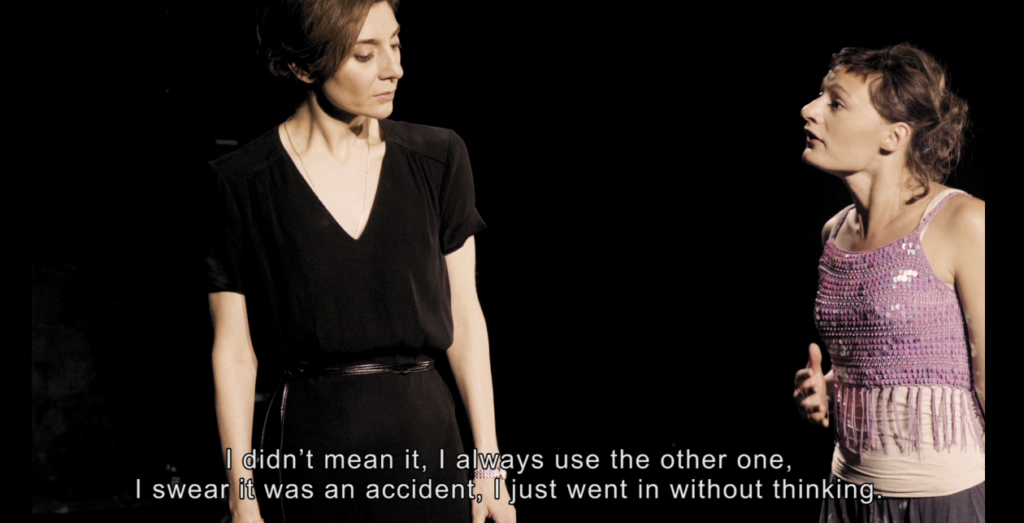
Tuesday, 20 December 2016, 19:00
The video-play Communion unfolds as the clash between 3 female characters: the subaltern, unenlightened hired worker and the representatives of the cultural elite, who happen to convey the values of religion and spiritual growth, thus speaking on behalf of social authority and ethical power. The play is not so much the social critique, but rather an attempt to reveal the hypocrisy in the institute of belief, which pretends to appropriate the rhetoric of virtue, but stems from oppression. The play questions the issue of commons in the conditions of extreme inequality paired by the social hegemony of the elites, manifested as well as an intellectual and cultural domination. However, the quest among the protagonists is still about the search of experiences that would paradoxically accomplish the expectation of commonality.
Communion (2016, 25’, English subtitled HD video).
Based on the original play by Keti Chukhrov, 2009.
Translation: Stephany Sandler, Marijeta Bojovich, Kevin Platt, Bella Shaevich, Ainsley Morse.
Producer: Olga Shirokostup.
Video editing: Victor Alimpiev.
Performers: Vera Kuznetsova, Keti Chukhrov, Anastasia Ivanova.
Camera: Sergey Shilovs.
Сhoreography: Natalia Obelchak.
Sound: Victor Timshin and TEAMSOUND STUDIO.
Music: Nikolay Krasotkin.
Subtitles: Alex Buldakov. Supported by Rosa Luxemburg Foundation (Moscow).
Keti Chukhrov (Higher School of Economics)
– ScD in philosophy (RSUH), associate professor at the Department of Cultural Theory at the HSE, visiting professor at the European University at St. Petersburg. Head of the theory department at NCCA. Her research interests are the ontology of performing, comparative epistemologies of socialism and capitalism, art-systems and post-human studies. She authored numerous texts on art theory, cultural politics, and philosophy, published in Afterall, Moscow Art Magazine, Artforum, Brumaria, Documenta magazines, e-flux journal, Voprosi Philosophii, Stasis, etc. Book-length publications include: To Be – To Perform. ‘Theatre’ in Philosophical Criticism of Art (2011); Pound &£ (1999), and a volume of dramatic writing: Just Humans (2010). With her video-play “Love-machines” she participated at the Bergen Assembly and “Specters of Communism” (James Gallery, CUNY, NY, 2015). Her Latest video-play “Communion” was in the program of the Kansk video film festival (Moscow, 2016) and exhibited at the Ljubljana Triennial 2016, U-3 (cur. B. Groys)
The screening takes place within the framework of the exhibition Kinotron.
Admission is free
The exhibition is supported by the Ministry of Culture and National Heritage of the Republic of Poland

Partners: Oleksandr Dovzhenko National Centre

Museum of Modern Art in Warsaw

International Human Rights Documentary Film Festival Docudays UA

Organizers: Visual Culture Research Center, Krytyka Polityczna
Media partners: Українська Правда. Життя, Korydor, Moviegram, Cultprosir, Update, Політична критика





![]()

